Just a few years ago, the smart speaker market felt like a niche that would never really take off. Fast forward to 2019 and people are increasingly embracing these devices. That’s because homes are becoming more connected and a smart speaker is an excellent way to tie all your devices together into a central voice-controlled hub.
Smart speakers can do a lot. They can take and make calls, search queries such as “free gaming website builder” on the internet, play movies and music on external devices, and control smart home devices.
Below are our recommendations for best smart speaker devices for home automation.
Sonos One
If you want a smart speaker to do the automation things well but also deliver an amazingly rich audio experience, the Sonos One may be the hardware for you. This is the best of both worlds product because it leverages Amazon’s Alexa for the smart features and Sonos’ own speaker prowess for sound management.
Versatility is also the name of the game here. Sonos One supports Apple’s AirPlay 2 technology, which means you can connect to the Apple HomePod and use Siri integration too. Because of its openness, we also hope to see Google Assistant land on the One at some point in the future.
You may be thinking there is no point in having three assistants under one product. However, all these assistants excel at different things, so choice gives the Sonos One something dedicated smart speakers cannot offer.
It also delivers a wall of sound audio experience that boasts excellent bass and clarity in the mix. For what is really a complete package it is on the expensive side and is perhaps the least aesthetically appealing on the list.
| Pros | Cons |
|---|---|
| • Wonderful audio performance. • Links with Alexa and Siri. • Plays music even without Alexa. |
• Expensive. • Not appealing in terms of design. |
Amazon Echo (2nd Generation)
Amazon has been a leader in the smart speaker market with its Echo range, which has now matured into its second generation. The Amazon Echo is now smarter than ever, remains affordable, and delivers excellent speaker quality. Simply put, this is a safe bet in terms of buying a smart speaker for home automation.
Alexa is the driving force behind the Echo, and the digital personal assistant is now more intelligent than ever. This is the most mature digital assistant on the market and the level of integration Alexa delivers is astonishing. Alexa taps into all your smart home devices from leading manufacturers and acts as a central hub for you to control them all with your voice.
In its second iteration, the Amazon Echo is shorter and wider than its predecessor but is also better-looking. Its cloth cover and non-descript design allow it to sit elegantly in your living room, kitchen, or bedroom. The only downside to the Echo experience is its relative lack of power as a standalone speaker. It is certainly not for those who like a rich audio experience and want a smart speaker that delivers good sound.
| Pros | Cons |
|---|---|
| • Sleek new design. • Alexa’s integration is enviable. • Affordable |
• Audio is lacking compared to rivals. |
Google Home
Google’s Home smart speaker is a direct competitor to Amazon’s Echo and separating the two is tough. While the Echo is an elegant furniture accompaniment, the Google Home stands out a little bit more with its funky design. It certainly creates a talking piece sitting there like some sort of tech-filled air freshener.
Alexa is mature in terms of integration, but as a pure voice-controlled aid, Google Assistant is now the smartest of all digital helpers. It hooks into most smart home devices allowing for easy automation in multiple rooms.
Google Assistant is also an excellent hub for your entertainment thanks to its deep integration with Android and Google services. YouTube, Android TV, and Netflix, and Google Maps are all more accessible here than they are on smart speakers using Alexa.
While Amazon has updated the Echo, we are still waiting for the second generation of the Google Home. There is no indication as to when that will happen, but the Home is several years old at this point and a new version may be incoming.
| Pros | Cons |
|---|---|
| • Interesting design. • Affordable. • Google Assistant is excellent. • Deep integration with Google services. |
• The aging device that could be replaced soon. |
Apple HomePod
Like most Apple products, the HomePod is made with an attention to detail and level of quality few other brands can match. It also manages to score highly in terms of smart integrations throughout the home, but it comes with significant caveats.
Before we get to that, it is worth noting the Apple HomePod is fantastic as a premium speaker, offering brilliant audio quality delivered up to loud levels. Siri is also arguably the most accurate virtual assistant on the market in terms of listening and surfacing results. That said, she is also the most likely to get things wrong.
Now for those caveats. The first is the Apple HomePod only works with Apple Music. In fact, it only really works with Apple products in any capacity. That may not be a huge deal-breaker for most customers as this will appeal to those already heavily invested in the company’s ecosystem.
Still, like all Apple products the HomePod is eye-wateringly expensive for what it is.
| Pros | Cons |
|---|---|
| • Slick aesthetics. • Excellent build quality. • Siri is super-accurate. |
• Amazingly expensive. • Only works properly with Apple products. |

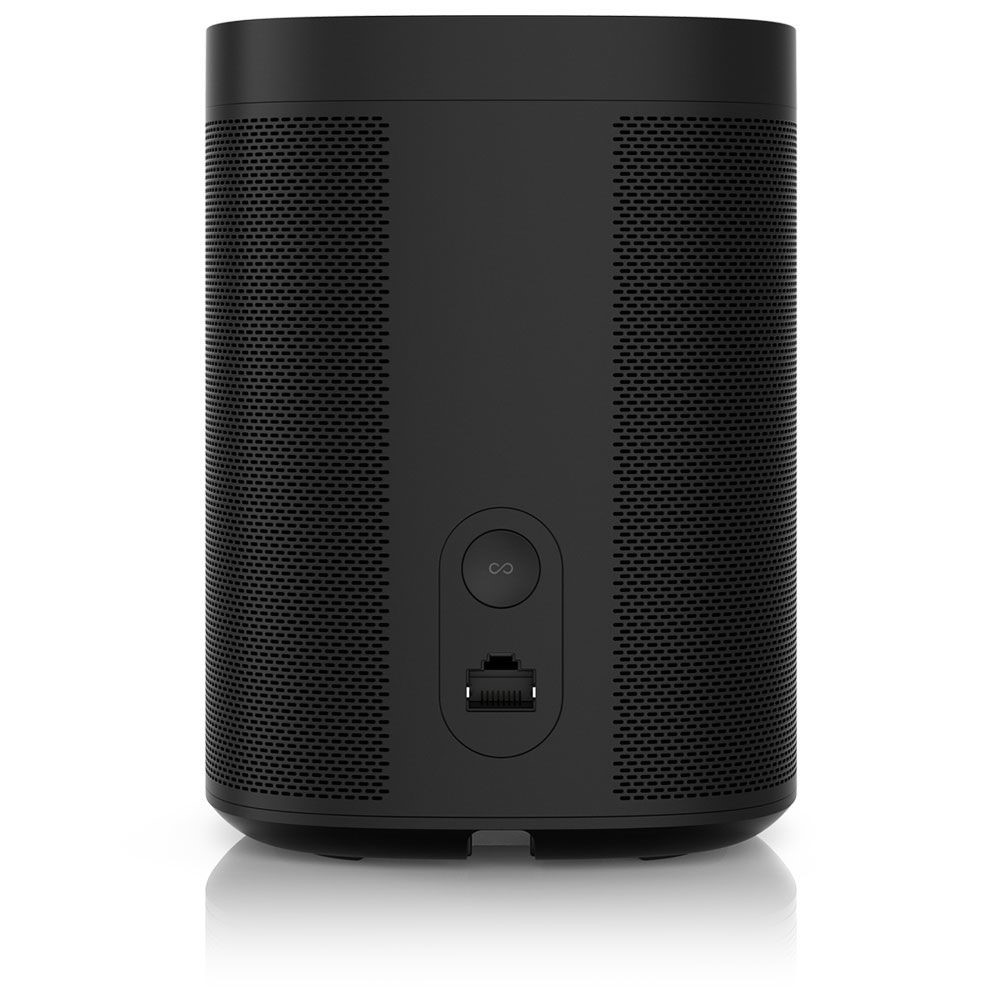
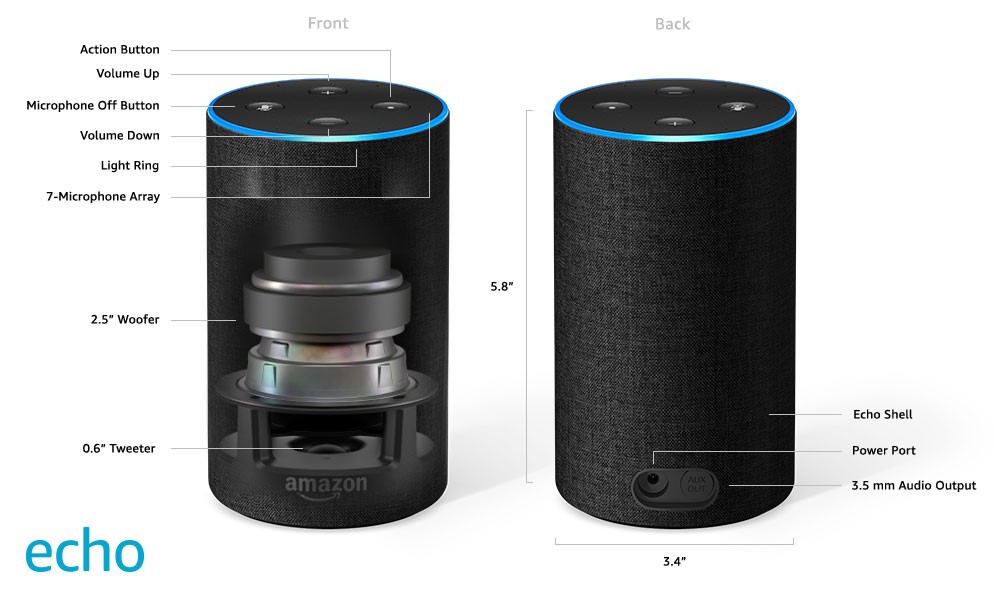
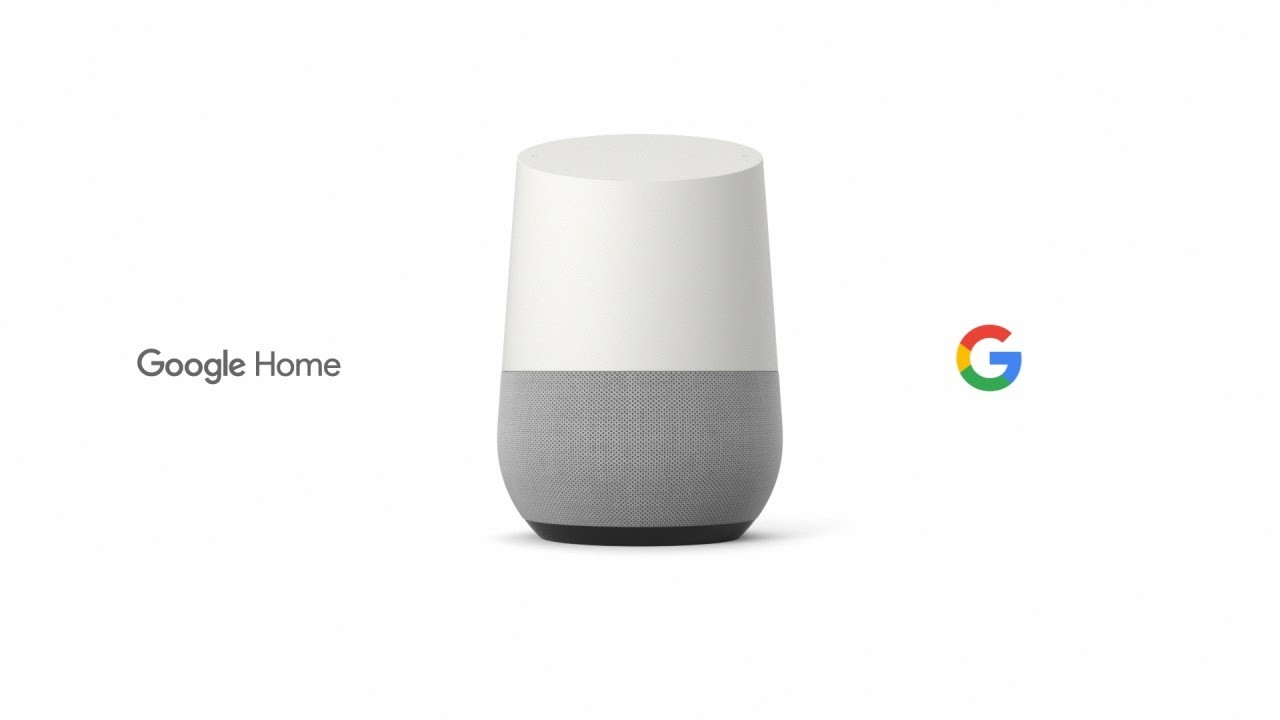
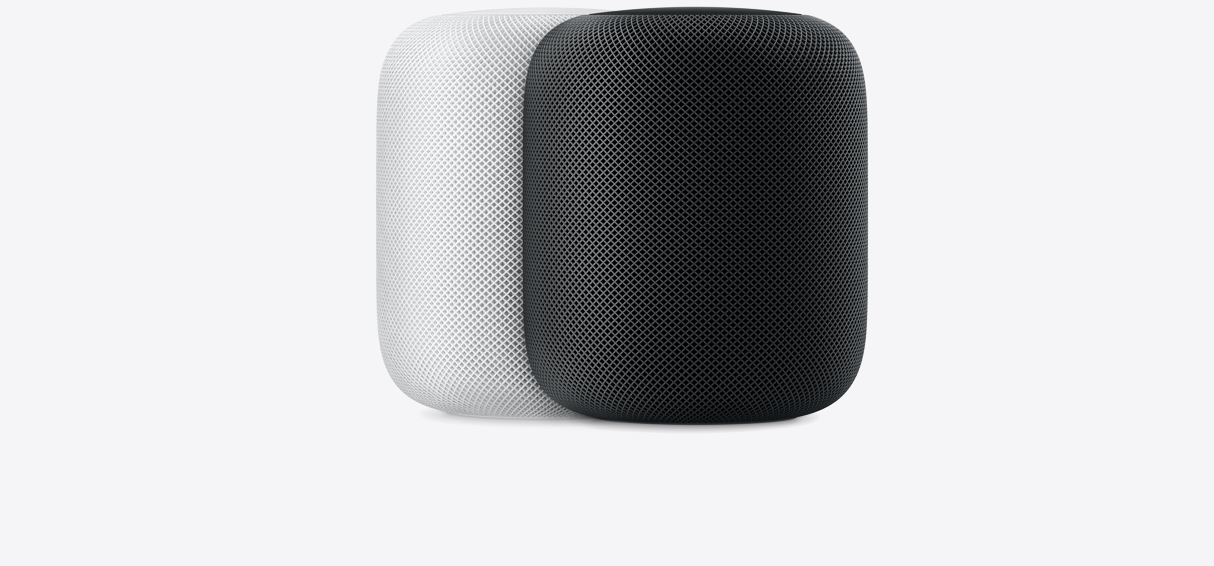





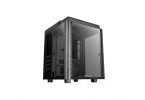
Leave a Comment